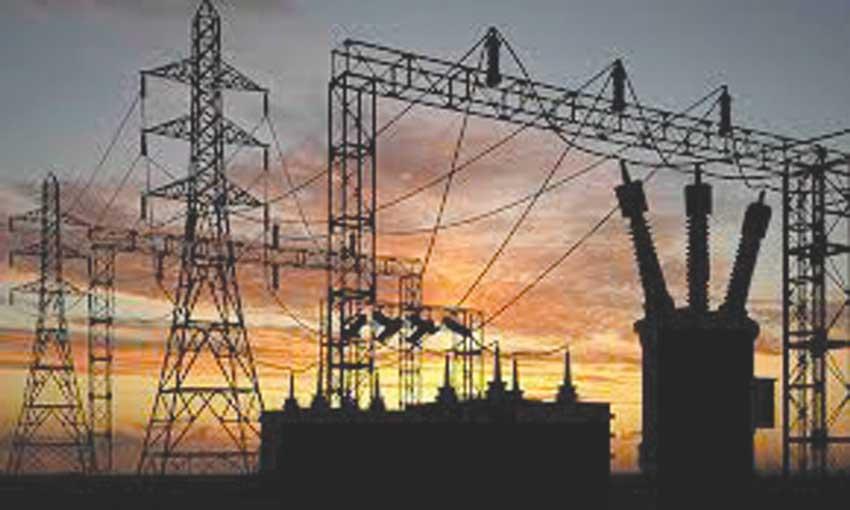Reply To:
Name - Reply Comment

By Nishel Fernando
The Public Utilities Commission of Sri Lanka (PUCSL) has instructed the Ceylon Electricity Board (CEB) to come up with a fresh Long-Term Power Generation Expansion Plan, complying with the 70 percent renewable energy power generation target set by the government for 2030.
PUCSL Chairman Janaka Ratnayake told Mirror Business that the CEB is instructed by the commission to submit a fresh Long-Term Power Generation Expansion Plan for the period, complying with the government policy.
President Gotabaya Rajapaksa initially announced plans to generate 80 percent of the country’s power through renewable energy sources by 2030. However, it was later reduced to 70 percent.
Solar Power, Wind and Hydro Power Generation Projects Development State Minister Duminda Dissanayake early this month in Parliament announced plans to legalise the government policy to meet 70 percent of the country’s electricity generation through renewable energy sources by 2030 by issuing a gazette notification.
However, as the Power Ministry officially had communicated the government policy to the PUCSL, Ratnayake said that there was no requirement to issue a gazette notification at this moment.
According to Dissanayake, the Sustainable Energy Authority (SEA), which comes under the purview of his state ministry, has already submitted a detailed power generation plan to meet the envisaged 70 percent renewable energy generation target by 2030.
However, the CEB is required to submit the final draft plan to the PUCSL for approval. Ratnayake noted that the date of submission of the new plan would be solely up to the CEB.
However, the Ceylon Electricity Board Engineers’ Union (CEBEU) earlier claimed that the government’s aggressive target to generate 70 percent of the electricity required through renewable energy by 2030 is unfeasible.
It said that the country, which is currently grappling with a foreign exchange liquid crisis, would require a US $ 3-4 billion investment in upgrading the existing electricity transmission and storage infrastructure over the coming years.
The CEBEU submitted an alternative plan to the Long-Term Generation Expansion Plan, which targets to meet 70 percent electricity generation from clean energy sources, including 20 percent LNG sources by 2030.
Meanwhile, Dissanayake assured that the current renewable energy projects that are under the discussion between the SEA and CEB have the capacity to meet the country’s electricity demand up to 2025, without running into shortages and without restoring emergency power purchases.